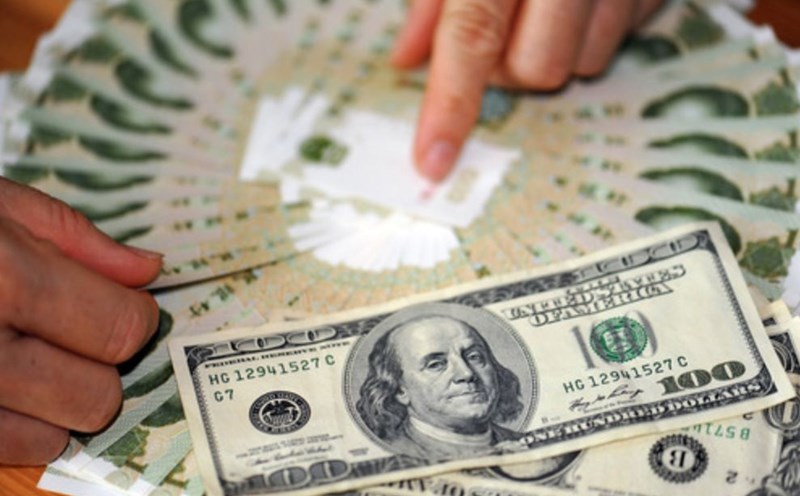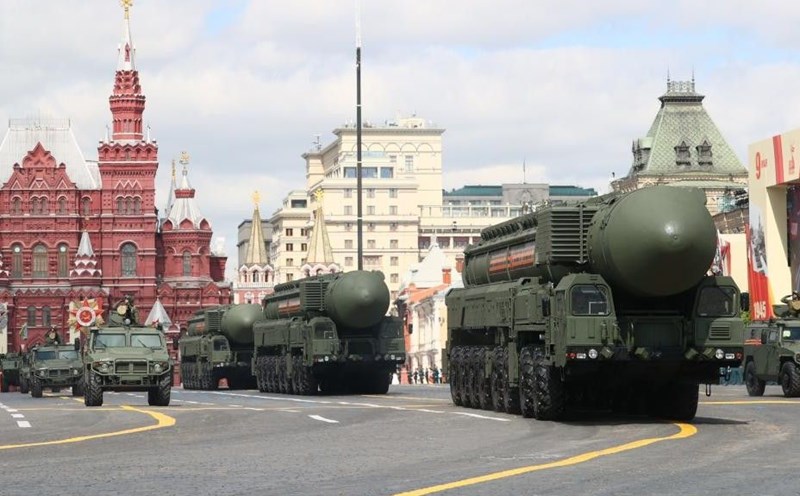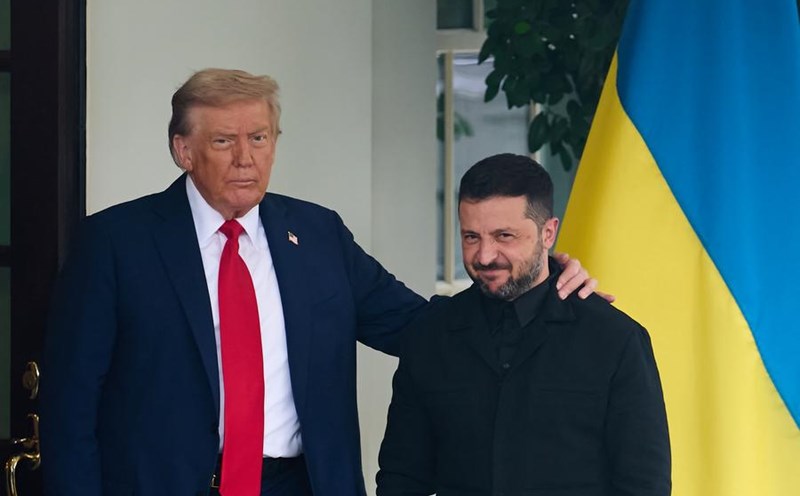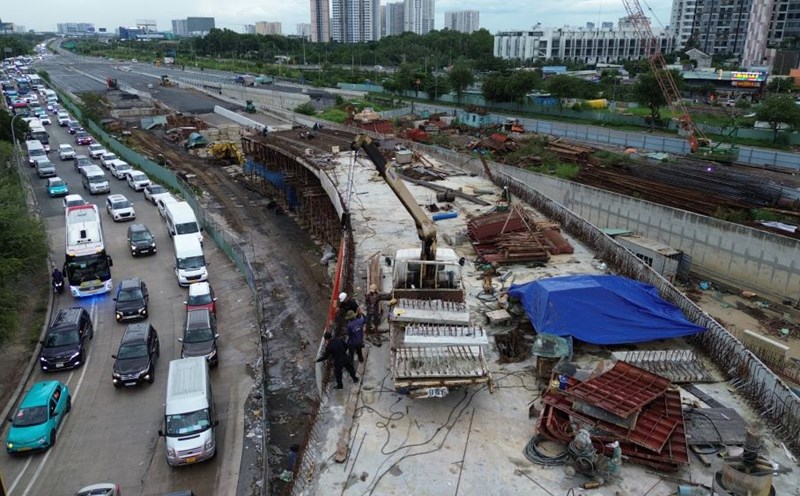According to the plan, the draft budget for 2026 must be submitted to the Russian National Assembly on September 29. Budget content, from defense spending to social welfare, is prepared in advance between the government and the president, so it is unlikely to have major changes in future official discussions.
Analysts believe that if VAT is increased, Russia's budget deficit in 2026 could fall sharply compared to expectations, as VAT currently accounts for about 37% of the total federal budget revenue in 2024.
The Russian Finance Ministry affirmed that it will comply with the "budgetary rule" - accordingly, the revenue exceeding the target oil price (currently about 60 USD/barrel) is spent on the financial reserve fund. This fund currently has about 4,000 billion rubles (48 billion USD) in liquidity to use if needed.
Experts warn that although the economy is still growing, the pace has slowed down significantly - GDP this year is expected to be only about 1-1.5% compared to more than 4% last year. Inflation remains above 8%, central bank's key interest rate is 17%, causing borrowing costs and repayment burden to increase.
Meanwhile, former President Dmitry Medvedev - now deputy head of the Security Council - described the 2026 budget as a war-time budget, stressing that social spending, especially supporting veterans, must be protected despite great financial pressure.
Russia is facing a major shift in financial policy: If it does not increase taxes or find new sources of income, the budget deficit will exceed expectations and could affect domestic economic stability - especially as the conflict with Ukraine continues to persist and defense costs continue to be a heavy burden.








